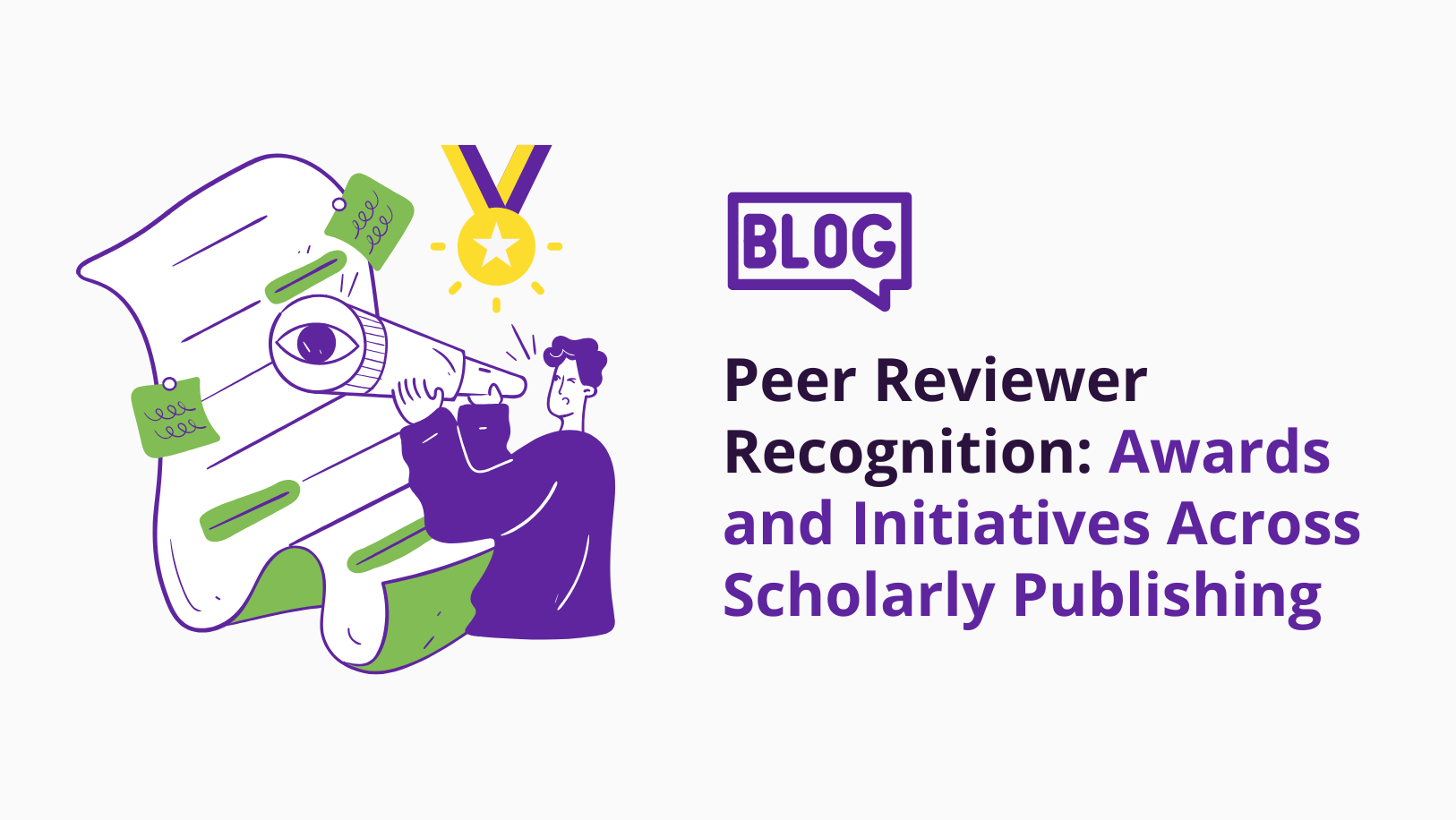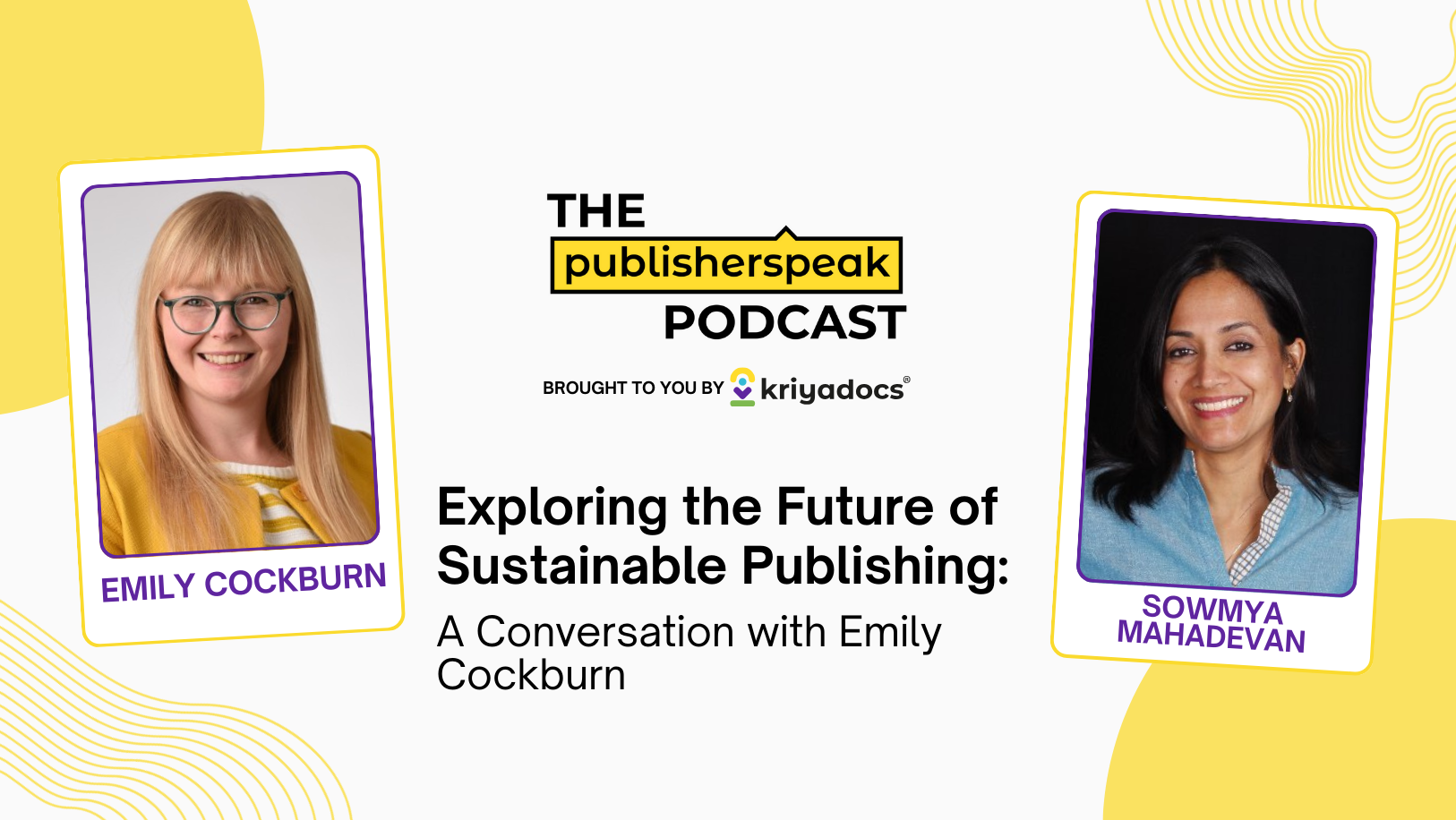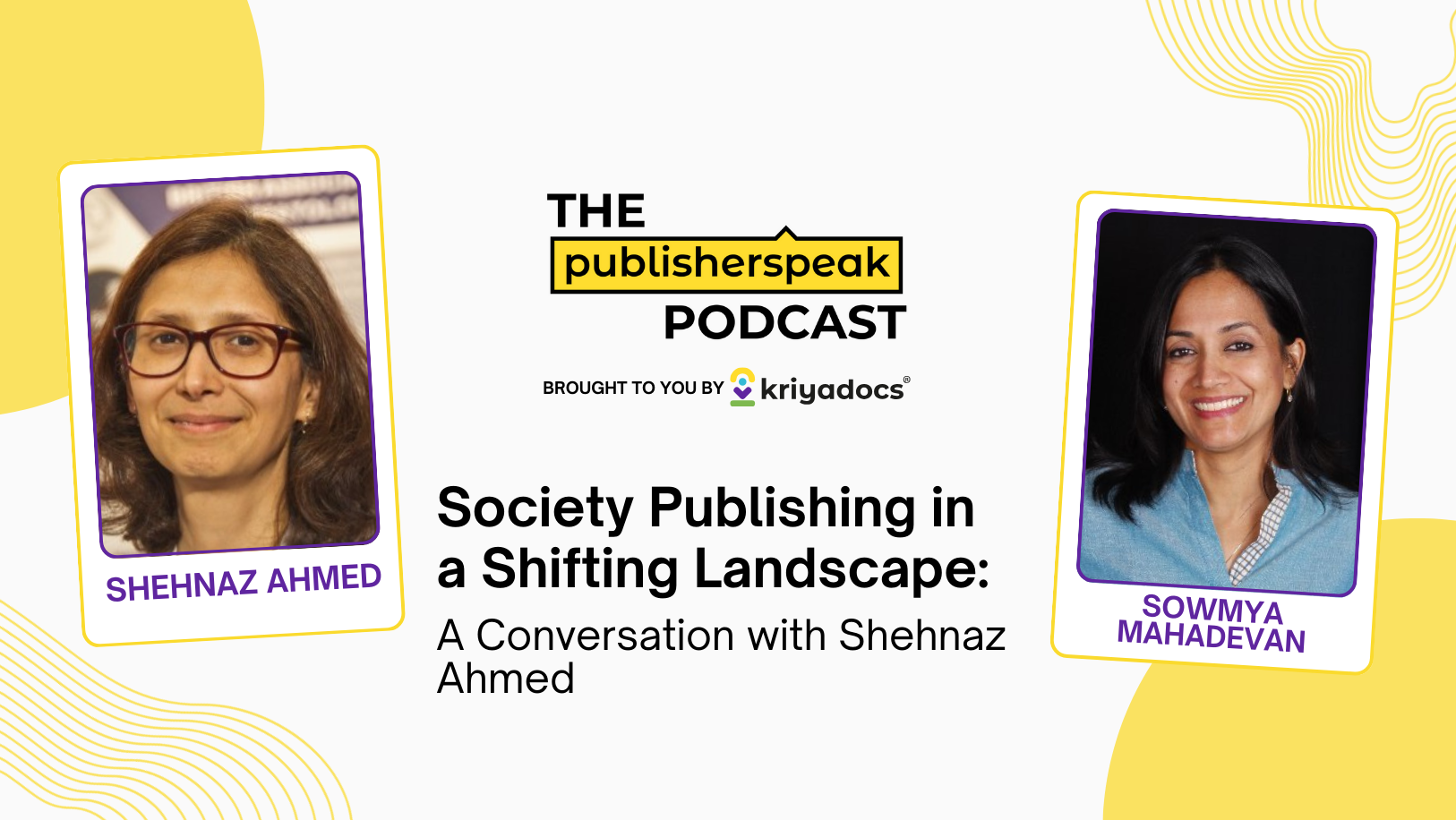Open access (OA) is a global movement and a publishing model that strives to provide open and free access to scholarly research publications and data. OA publications do not have access barriers like subscription fees. The movement is gaining popularity owing to its contribution to science and the free dissemination of scholarly knowledge.
There are several initiatives and tools that support the cause of open access and ease the process of accessing and citing scholarly research.
This article explores some popular open-access initiatives, tools, and services.
cOAlition S
cOAlition S is a consortium of international research funders and organizations to provide immediate and full open access to research publications funded by them. They achieve their mission through Plan S, launched in 2018, which requires scientific publications funded by public grants to be published in open access journals or repositories from 2021.
Plan S allows the reuse and download of the articles through a type of open license that requires no additional permission. cOAlition S has declared that from July 2022, they will support only those publishers who charge a “fair and reasonable” OA fee and provide them with a transparent framework.
According to Colleen Campbell, Coordinator of OA2020 and ESAC, Plan S by cOAlition S is a shift in the OA landscape and a precursor to achieving open science. Plan S has catalyzed the development of many transformative agreements that seek to move away from subscription-based models. The Registry of Open Access Repository Mandates and Policies (ROARMAP) maintains an extensive, searchable database of over 1,000 OA mandates and policies across the world.
Open Access Scholarly Publishing Association (OASPA)
OASPA is an international community launched in 2008 that represents the interests of OA across all scholarly disciplines. It creates and disseminates solutions that support a diverse and broader OA community, sets publishing standards, and promotes the exchange of information and best practices in OA publishing.
OASPA hosts yearly conferences and webinars, bringing together funders, policymakers, publishers, researchers, institutions, and other key figures in the OA community.
Declaration on Research Assessment (DORA)
DORA is a worldwide initiative that acknowledges the need to enhance how researchers and the results of scholarly research are evaluated. DORA encourages the use of advanced tools, metrics, and processes that can be used for research assessment.
The declaration—signed by over 18,000 individuals and 2,300 organizations globally—improves the existing research assessment system through presentations, conferences, partnerships with institutions and funders, and by providing a curated list of best practices for research assessment. Researchers, university staff, journal editors, staff from funding agencies and research-related not-for-profit organizations, and more are invited to sign the declaration. Stakeholders involved in scholarly research can utilize DORA’s research library to access case studies, journal articles, tools, and more about responsible research and researcher assessment policies.
Initiative for Open Abstracts (I4OA)
I4OA is an initiative promoting the principle of open access to provide unrestricted access to abstracts of scholarly publications like journals or books from open repositories in a machine-readable format. It enables collaboration between researchers, scholarly publishers, and academic institutions and encourages them to publish their abstracts in open repositories like Crossref.
The open availability of research abstracts ensures a broader reach, making it easier for articles to be discovered and referenced as citations. Open abstracts, one of the focus areas of the I4OA, facilitate bibliometric analyses.
Many publishers like eLife, IOP Publishing, The Royal Society, and Emerald Publishing have submitted their abstracts to Crossref. These publishers support I4OA, as they find it to be a sustainable and future-proof infrastructure that works towards open science.
Initiative for Open Citations (I4OC)
I4OC is an initiative that promotes open citation data. Citations are critical elements of research to evaluate and credit scientific contributions and facts. Every nine years, the total scholarly output from around the world is estimated to double. To keep track of the significant developments in any field, researchers and the public require citation data. However, citation data are often either unavailable, come with an inconsistent license, or are not machine-readable.
I4OC provides unrestricted citation data structured for machine readability, separate from the parent source, and is freely available. I4OC benefits individuals who do not have subscriptions to paid citation databases. It also provides a citation graph to follow the web of ideas and knowledge within the discipline.
I4OC calls for scholarly publishers to promote the open dissemination of citation metadata. Prior to this initiative, only 1% of publishers had submitted open citations metadata to be accessible. After the initiation of I4OC, several subscription-based and OA publishers have begun to list their citation metadata publicly, and the percentage of publications with open citations has since grown to 88% as of October 2021.
Directory of Open Access Repositories (OpenDOAR)
OpenDOAR is a Directory of Open Access Repositories that are quality-assured and globally available. OpenDOAR allows users to discover several thousands of registered repositories based on location, content type, or software used. It categorizes the repositories based on the metadata to assist wider use and evaluates each repository for quality and consistency. Institutional and governmental sites with academic outputs like journal articles, reports, books or book chapters, and/or resources like archival material, software, images, learning material, etc., are eligible to be included.
OpenDOAR benefits researchers by providing easy access to repositories. It helps repository administrators and managers to improve their metadata and take advantage of the best practices to improve their repository structures. Analysts can benefit from the insights into the growth of repositories and their content.
Journal Storage (JSTOR)
JSTOR is a not-for-profit digital library that provides free access to thousands of journals, images, and books and makes them easily discoverable through its service. JSTOR promotes innovation by serving as a centralized repository with access to scholarly resources.
Through the JSTOR Access Initiative program, it provides access to institutions in 69 low-income countries either for free or at a low cost. It also offers a text mining service for journal content called Data for Research (DfR). Currently, it offers full-text articles from nearly 2,600 top journals, 100,000 books, 500,000 images, and 34,000 research reports.
Portico
Portico is one of the leading digital preservation systems that preserve access to e-books, e-journals, and other digital resources. It has preserved over 92 million journal articles, 1.6 million books, and more than 4 million digital resources. Over a thousand libraries and publishers are involved in this initiative as participants.
Portico follows digital preservation with the aim of improving the authenticity, usability, accessibility, and discoverability of the resources.
Directory of Open Access Journals (DOAJ)
DOAJ is an independent, free indexing service that provides unrestricted access to peer-reviewed, high-quality open access journals from 129 countries. It is one of the world’s largest collections of open-access journals, and it provides a list of best practices and standards as a prerequisite for indexing journals. Any open access journal that meets the required criteria can apply to be indexed in DOAJ.
DOAJ benefits authors by providing a list of journals as good publishing channels that align with their funder policies and mandates. It provides publishers with a stamp of quality by indexing them. DOAJ also supports all other scientific society members like students, funders, libraries, and research managers through their service.
Directory of Open Access Books (DOAB)
DOAB is a community-driven open infrastructure that provides indexing and discovery services to increase the visibility of peer-reviewed, scholarly open access books. Its services are free of cost for all users, and the data are provided without any access restrictions.
The Global Sustainability Coalition for Open Science (SCOSS) has chosen DOAB and OAPEN for its second funding cycle as it considers DOAB as essential infrastructure for open science. The OAPEN Foundation, a non-profit organization dedicated to OA peer-reviewed books, operates OAPEN Library, OAPEN Open Access Books Toolkit, and DOAB.
OPERAS Certification Service offers a certificate of quality to publishers who have registered with DOAB. The certification process is based on 3 criteria for publishers—peer-review process, license policy, and publisher’s information about the OA books on their website. OPERAS certificate aims to bring trust in the quality of OA books, thereby promoting them.
Open access initiatives help break the divide that prevents people from accessing scholarly research information. These initiatives call funders, academic/research institutions, publishers, and individuals to participate in the OA movement by submitting their resources in open access journals and repositories that can benefit society and make research widely and equally accessible.
Connect with us to know more about Kriyadocs
Image courtesy: People vector created by pch.vector – www.freepik.com









.png)

.svg)
.svg)
.svg)











